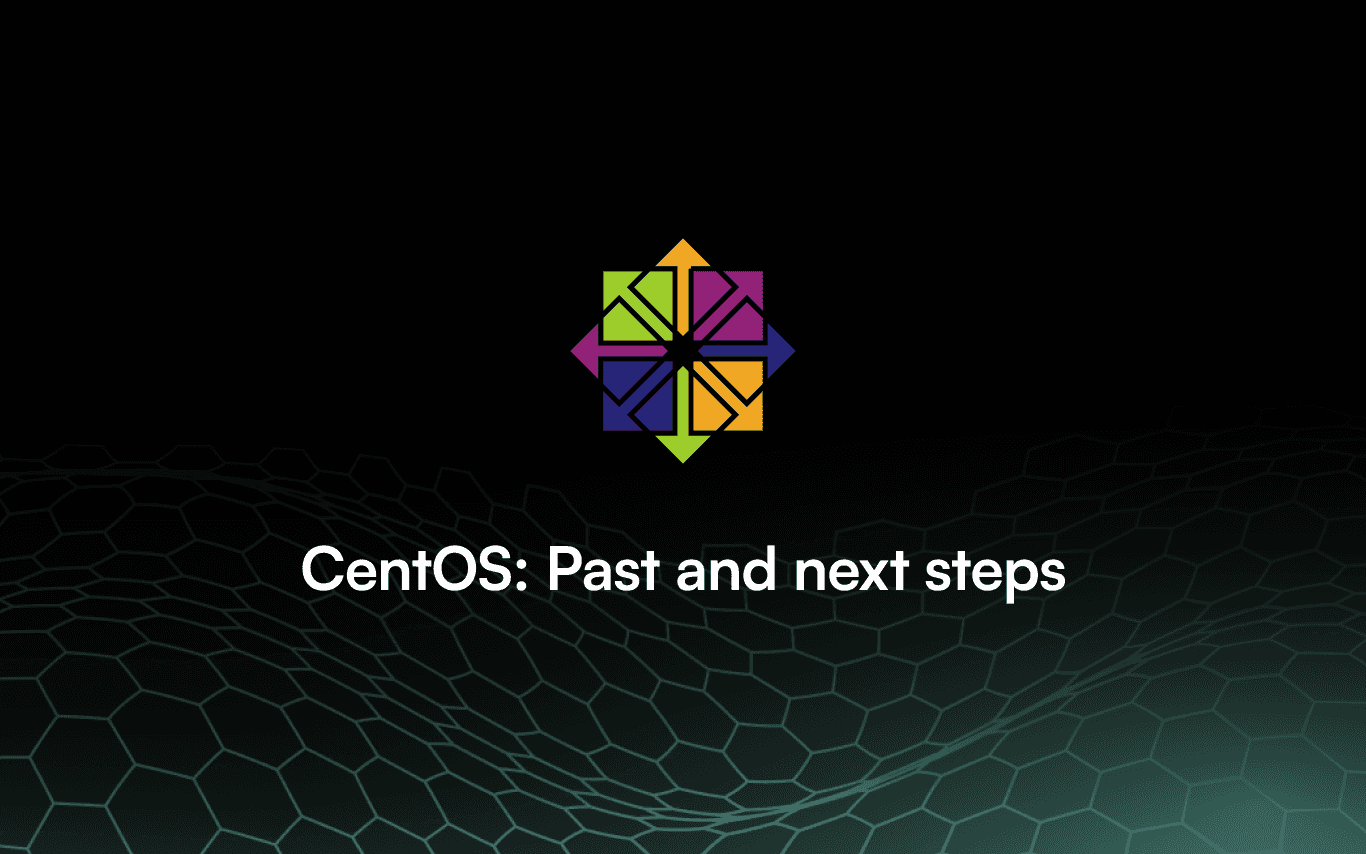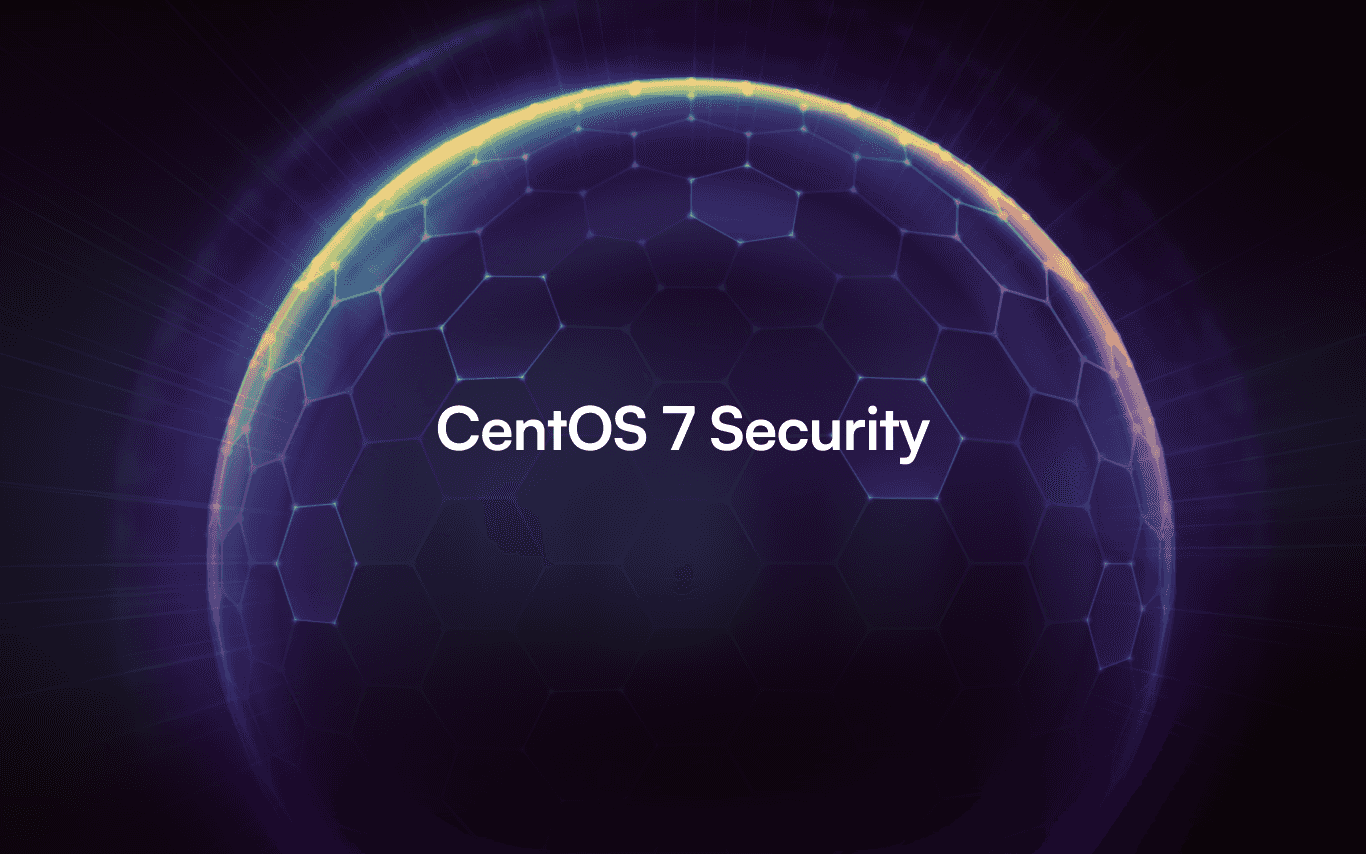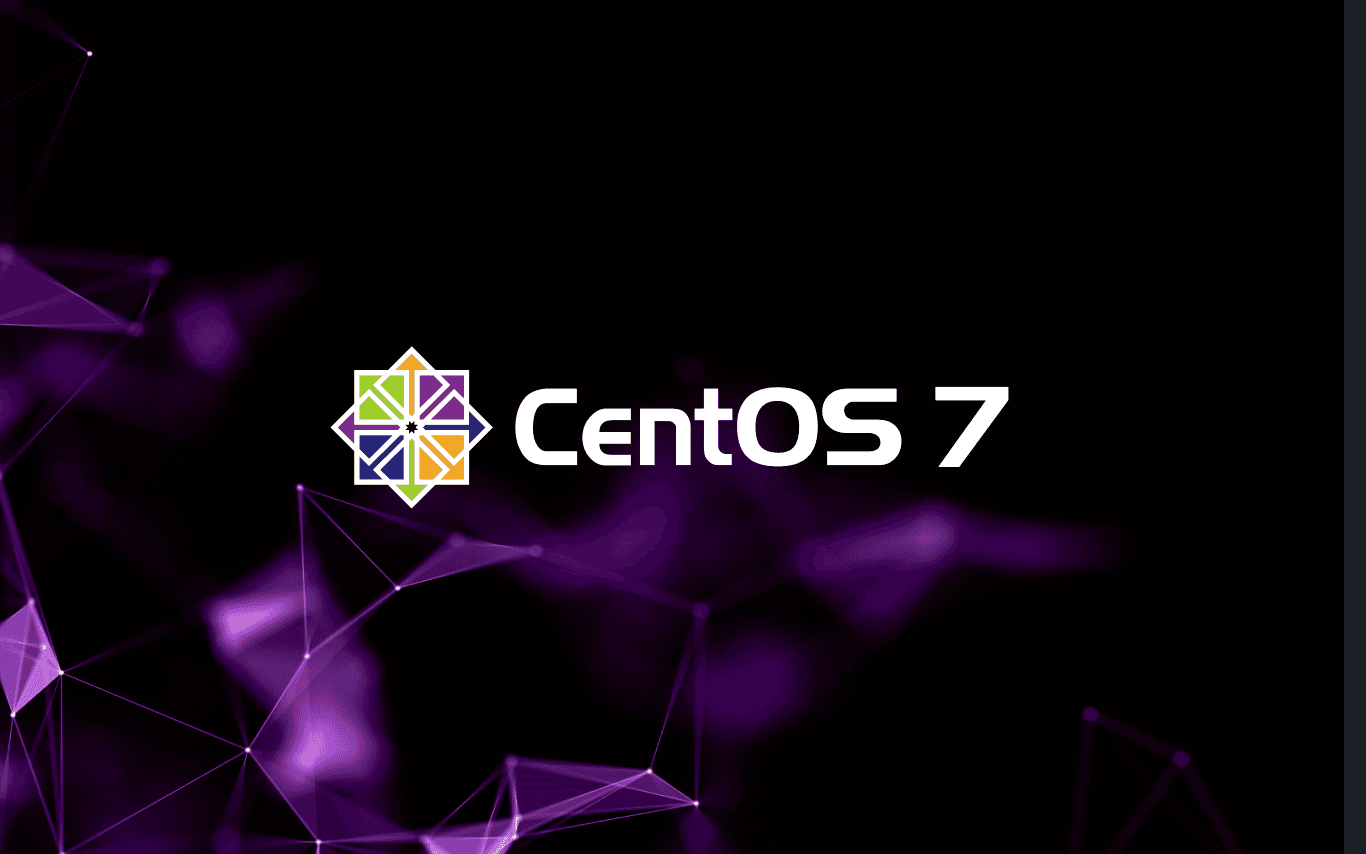3 min read
CentOS: A Retrospective and Look Ahead

The story of CentOS is deeply intertwined with the evolution of enterprise Linux and the ethos of open-source communities. From its origins as a vital, free alternative to commercial distributions to its recent End-of-Life (EOL), CentOS has played a pivotal role in countless IT infrastructures worldwide.
This past week, Gregory Kurtzer, one of the founders of CentOS, Rocky Linux and CEO of CIQ sat down with Chris Short, our Head of Open Source and walked through the history of the project and the impacts of the EOL. You can watch the full video here or read the recap below.
CentOS = Community Enterprise Operating System
CentOS emerged from a critical need within the Linux community. In the early 2000s, as Red Hat Linux transitioned into the subscription-based Red Hat Enterprise Linux (RHEL), a void appeared for a freely available, enterprise Linux distribution. A few years earlier, Gregory Kurtzer had conceived and created Caos Linux as a community-driven RPM-based distribution. Its design prioritized compatibility with Red Hat's base, ensuring seamless application and system administration alignment.
In the wake of the Red Hat move, a group formed to transition Caos to something new. Key contributions from figures like Jeff Johnson (RPM co-creator), Seth Vidal (YUM author), Rocky McGaugh, Russ Herrold, and Lance Davis led to the formal establishment of CentOS. The name itself, coined by Davis with significant development by McGaugh (Rocky), symbolized a collaborative endeavor to provide a stable, enterprise-grade Linux experience without licensing costs. CentOS quickly became a widely accepted standard, valued for its stability and consistency in production environments, embodying the principle that open source availability should not be confined by paywalls.
The CentOS EOL and Its Reverberations
Years later, Red Hat acquired the CentOS project and the landscape shifted once again. In December 2020, Red Hat announced a strategic pivot for CentOS. Instead of remaining a downstream rebuild of RHEL, CentOS transformed into CentOS Stream, an upstream development branch for RHEL. This shift, while offering a glimpse into future RHEL developments, eliminated the direct 1:1 RHEL compatibility that had been CentOS's hallmark.
The community's response was immediate. Kurtzer initiated Rocky Linux, a community-driven effort to preserve the original mission of CentOS: providing a stable, free, and fully compatible alternative to RHEL. The overwhelming support and rapid adoption of Rocky Linux demonstrated just how deeply enterprises and developers valued the 1:1 RHEL compatibility CentOS had long delivered.
That urgency has only intensified with the arrival of a pivotal milestone: the official End-of-Life (EOL) of the last remaining version CentOS 7, on June 30, 2024. As the final version of traditional CentOS, its retirement signals the end of official maintenance - including vital security updates and package support. For thousands of organizations still running CentOS 7, this moment marks more than a technical sunset; it’s a catalyst for change that demands immediate attention.
The Magnitude
The impact of CentOS 7 reaching End-of-Life is profound. Despite years of lead time, adoption has remained high. In fact, 49% of organizations1 continue to run workloads on CentOS 7, highlighting just how deeply embedded the OS remains across enterprise environments and production infrastructure.
The widespread resilience dramatically raises the stakes. EOL doesn’t simply mean the end of updates - it introduces urgent and escalating challenges.
- Security Vulnerabilities: Without regular patching, systems become susceptible to unaddressed Common Vulnerabilities and Exposures (CVEs). The proliferation of exploits means unpatched systems are at heightened risk of compromise.
- Hardware and Software Compatibility: Older operating systems, such as CentOS 7, may not fully support modern hardware architectures, including newer ARM chips. Furthermore, running contemporary applications often requires up-to-date libraries, leading to potential compatibility issues or complex re-engineering efforts.
- Migration Complexity: Upgrading from an EOL system is not a simple update. It necessitates a complete migration, which can be an extensive undertaking for organizations managing large server fleets. Many enterprises still rely on CentOS 7 due to accumulated infrastructure debt and the intricacies of migrating critical, often custom, applications.
These risks are not theoretical; they’re playing out now across thousands of organizations. The continued dependence on CentOS 7, despite its EOL status, is a reflection of both the operating system’s historical importance and the massive technical and organizational hurdles standing in the way of migration.
The Path Forward
Addressing the CentOS 7 EOL requires a strategic approach. Solutions like CIQ's "Bridge" offer a simple and pragmatic way to de-risk existing CentOS 7 infrastructure by providing continued CVE fixes and updates. This allows organizations valuable time to plan and execute comprehensive migrations to supported distributions, such as Rocky Linux or other enterprise-grade alternatives. The ongoing narrative of CentOS underscores the vital role of open-source communities and the importance of sustainable, transparent governance in maintaining critical software projects. The collective effort and contributions of developers remain the bedrock of these initiatives, shaping the future of enterprise computing.
1 Carpenter, N. (2024, June 30). CentOS 7 EOL: 49% of organizations are still running CentOS. Orca Security. Retrieved from Orca Security blog
Built for Scale. Chosen by the World’s Best.
1.4M+
Rocky Linux instances
Being used world wide
90%
Of fortune 100 companies
Use CIQ supported technologies
250k
Avg. monthly downloads
Rocky Linux


